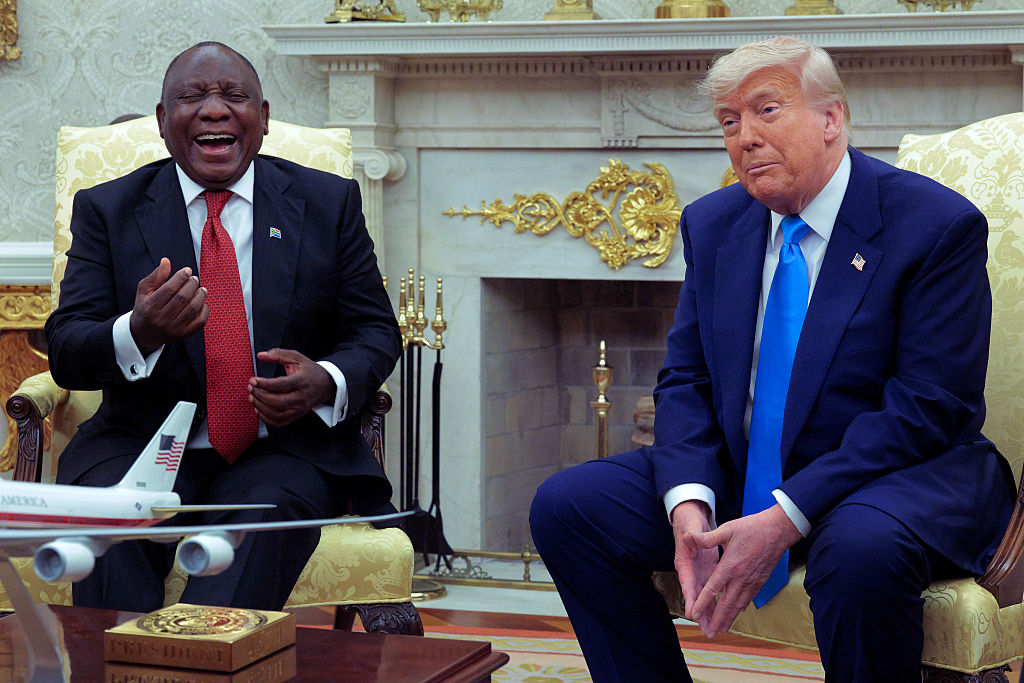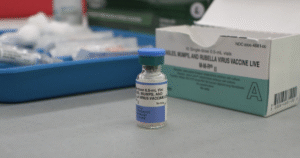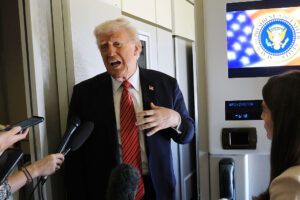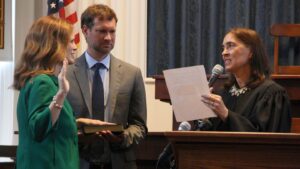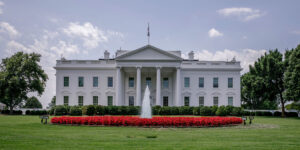
Amid a swirl of misinformation, former President Donald Trump met with South African President Cyril Ramaphosa to discuss pressing issues, yet the conversation quickly veered into controversy. Trump’s beliefs about alleged violence against white farmers in South Africa took center stage, despite the lack of supporting evidence.
In the meeting, Trump presented what he considered proof of a “white genocide” in South Africa, a claim he has been making since 2018. However, these assertions have been consistently challenged due to insufficient evidence. Trump showed a video clip featuring rows of white crosses, claiming they were graves of white farmers. According to BBC, these crosses were actually part of a protest memorial, not burial sites.
Trump further referenced videos of rallies where anti-apartheid songs were sung, alleging they incited violence against white farmers. However, these claims were also debunked. One prominent rally leader, Julius Malema, leads the opposition party Economic Freedom Fighters and has never held an official government post.
South African statistics highlight the country’s high murder rate, with 26,232 reported last year, including 44 from the farming community. Yet, these numbers lack racial breakdowns. The Transvaal Agricultural Union reports 23 white victims and nine Black victims in farm attacks, further complicating Trump’s narrative.
The notion of a “white genocide” in South Africa appears influenced by extremist viewpoints. The United Nations defines genocide as targeted acts to destroy specific groups, a threshold not met by the South African situation. Despite this, Trump’s rhetoric aligns with certain white nationalist ideologies.
For further insights, see:
Pew Research Survey Finds Half Of Americans Don’t Think Black People Will Ever Achieve Equal Rights

